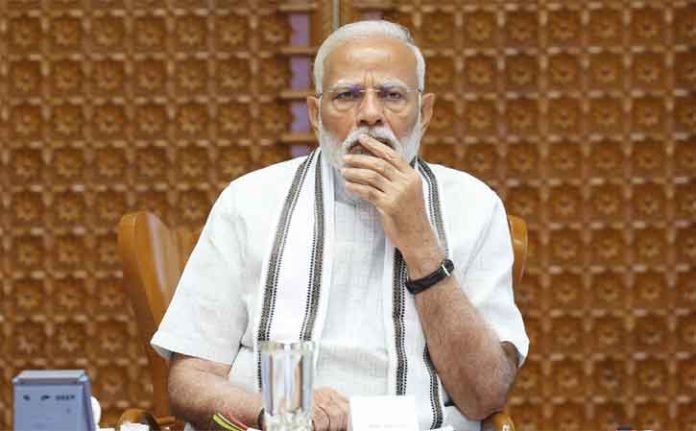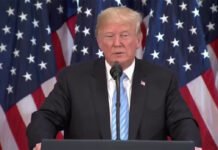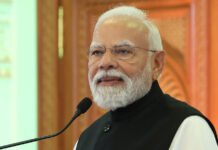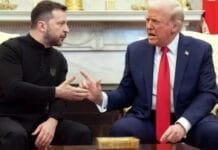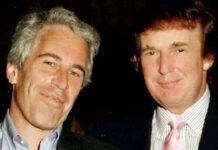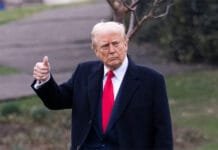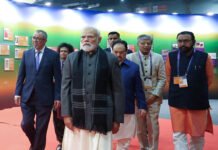New Delhi, October 23, 2025 – Prime Minister Narendra Modi has confirmed that he will participate in the ASEAN (Association of Southeast Asian Nations) Summit virtually this week, ruling out any in-person meeting with U.S. President Donald Trump. The decision comes amid heightened diplomatic sensitivity over India’s ongoing energy imports from Russia and growing global trade negotiations.
In an official statement, PM Modi’s office said, “The Prime Minister will join the ASEAN Summit digitally to ensure continued engagement with Southeast Asian nations while upholding India’s strategic interests.” Officials emphasized that this decision does not indicate any cooling of India-U.S. ties but reflects a cautious approach in balancing multiple international commitments.
“India continues to maintain cordial relations with all global partners, including the United States, while pursuing independent foreign policy decisions that serve national interests,” a senior ministry official noted.
The ASEAN Summit, attended by leaders from Southeast Asia and key dialogue partners such as China, Japan, and the United States, is a crucial platform for regional cooperation on trade, technology, and security. India’s participation, albeit virtually, is expected to focus on expanding trade relations, digital infrastructure, and green energy collaboration.
Analysts believe PM Modi’s decision to skip an in-person meeting with President Trump is largely influenced by the recent U.S. concerns over India’s purchase of Russian oil. In early October, President Trump publicly criticized India’s energy dealings, sparking a debate in international media over India’s alignment with global energy sanctions.
“Modi’s virtual participation sends a message: India remains engaged and committed to ASEAN cooperation without compromising its sovereign decision-making on energy and strategic partnerships,” said Dr. Anjali Menon, foreign policy analyst at the Observer Research Foundation.
The decision also aligns with India’s broader diplomatic strategy of multi-alignment, engaging with multiple global powers while maintaining autonomy on critical issues such as defense procurement and energy security. Trade analysts expect the ASEAN Summit to yield significant discussions on technology transfer, supply chain diversification, and investment opportunities in India’s growing industrial corridors.
Impact on India-U.S. Relations
While some observers interpreted Modi’s absence as a diplomatic snub, experts caution against reading too much into the decision. India and the United States have deep economic, defense, and strategic ties, with ongoing collaboration in defense technology, space research, and infrastructure development. Virtual participation ensures continuity of dialogue without escalating political tensions.
“Digital diplomacy has become a norm in global summits, especially post-COVID. Leaders can engage meaningfully without physical presence, and India’s virtual participation demonstrates adaptability in the modern diplomatic landscape,” explained Rajiv Malhotra, former Indian diplomat.
ASEAN Agenda Highlights
This year’s ASEAN Summit focuses on several key themes:
Regional Security: Addressing maritime challenges, cybersecurity, and counter-terrorism initiatives.
Economic Integration: Expanding trade links, reducing tariffs, and promoting sustainable industrial development.
Green Technology: Cooperation in renewable energy, electric mobility, and climate resilience projects.
India’s delegation is expected to highlight the country’s rapid adoption of renewable energy projects, digital connectivity initiatives under the PM GatiShakti program, and participation in the ASEAN-India Free Trade Agreement (FTA) expansion talks.
Looking Ahead
Observers note that Modi’s decision may also allow the Indian government to manage domestic priorities while maintaining international engagement. With multiple summits and bilateral meetings scheduled over the next quarter, virtual participation provides flexibility without signaling disengagement.
“Strategic virtual participation ensures India’s voice is heard on crucial regional issues, while simultaneously avoiding unnecessary geopolitical friction,” added Dr. Menon.
In conclusion, while PM Modi’s absence from in-person interactions with President Trump may attract media attention, the overarching message remains clear: India is assertively navigating complex diplomatic terrain, balancing domestic interests with global engagement. As the ASEAN Summit progresses, India’s virtual presence is expected to reinforce its commitment to regional cooperation, trade expansion, and sustainable development.

